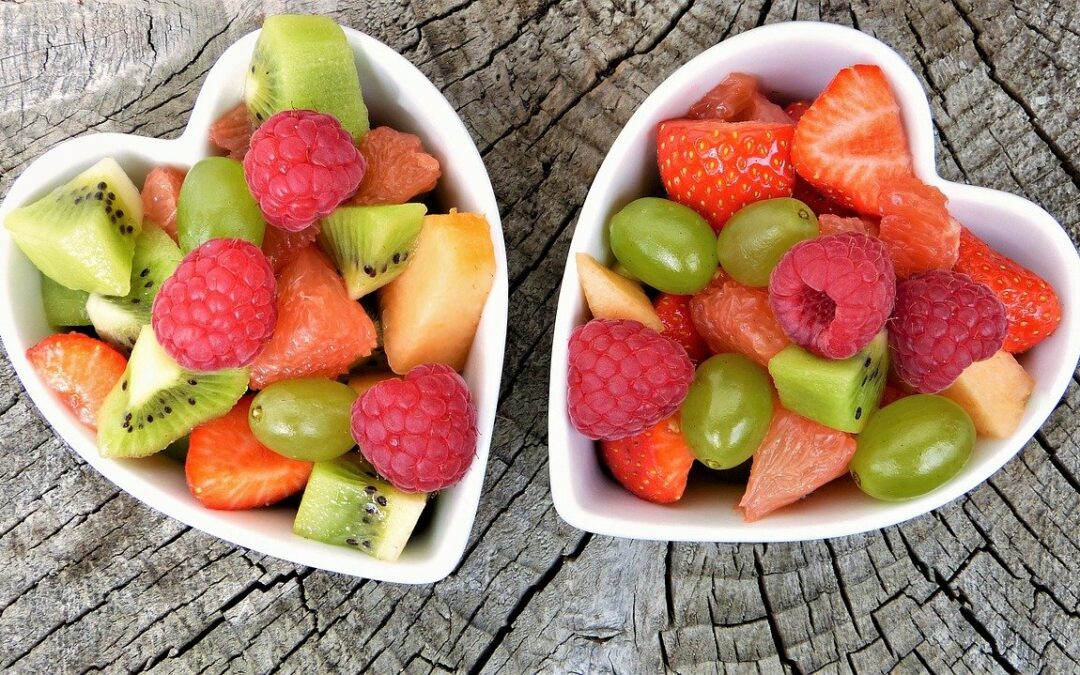When it comes to mental health and, specifically, depression, one of the most overlooked aspects of overall health is nutrition. What we eat not only plays a significant role in our physical health, but also in our mental and emotional health. Until recently, little emphasis has been placed on diet in a counseling setting. Most treatment options for depression have centered around therapy and medication. Now, however, we are seeing a whole new field of medicine called nutritional psychiatry which specifically focuses on the correlation between diet and depression.
So, how does our diet play a role in depression? Studies have shown that individuals who regularly consume refined carbs, sugar, and processed meats have higher rates of depression. This is believed to occur due to inflammation in the body which is caused by heavily processed foods upsetting the bacteria in our guts. On the other hand, eating fruits, vegetables and whole grains allows us to maintain good levels of the nutrients and antioxidants that our bodies need.
Changing your eating habits can be difficult, especially while many of us turn to comfort foods (a.k.a. junk foods) when we are feeling down. Sugary, familiar foods can give you that quick pick-me-up, but in the long run, they’ll just make you feel guilty, and contribute to bad dietary habits. If you want to leverage the connection between diet and depression, you should focus on the following foods:
Fish and Nuts – These foods are packed with Omega -3 fatty acids, which can help lead to increased serotonin production and improvement of mood.
Beans – Beans are a really great source of protein and fiber, which help maintain stable and consistent blood sugar levels. By reducing spikes and dips in your blood sugar, you will experience more even moods.
Vegetables – Folate is a major nutrient found in vegetables, especially green leafy ones. Individuals who suffer from depression have been found to have lower levels of folate than those without depression.
Single Ingredient Foods – Processed foods are filled with preservatives and lack nutritional value. When your body tries to figure out what do to with these foods it can interrupt its normal function. It is best to give your body foods in their most natural state.
Whatever you decide, make sure that you are choosing the best foods you can to allow your body to function optimally. Before making any radical dietary changes, speak with your medical provider. And remember, in cases of severe depression, pharmacological treatments—such as the use of antidepressants or ketamine infusions—may still be prescribed. Making positive dietary changes, however, can support and enhance the outcome of talk therapy, ketamine infusions, or other pharmacological depression treatments.


ничего особенного
_________________
игровые автоматы с депозитом 1 копейка
fertility clomid pcos clomid 100mg clomid success